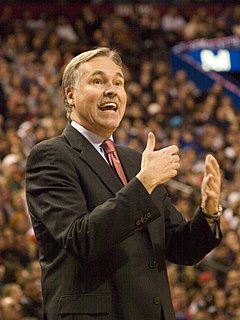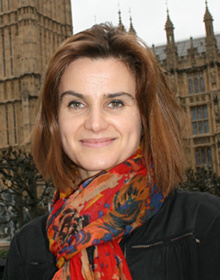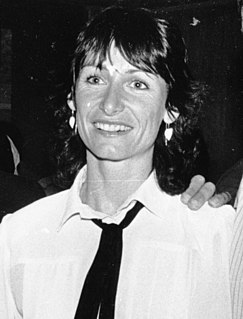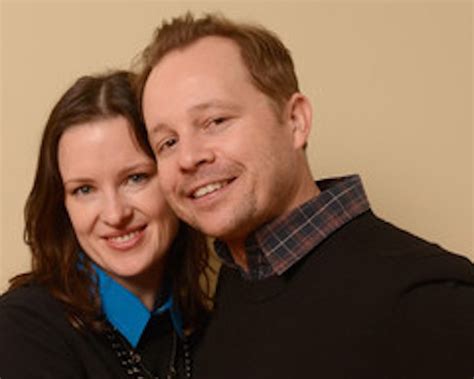A Quote by Sarah Dessen
I didnt pay atteniton to times or distance, instead focusing on how it felt just to be in motion, knowing it wasn't about the finish line but how I got there that mattered.
Related Quotes
The line-by-line, sequential, continuous form of the printed page slowly began to lose its resonance as a metaphor of how knowledge was to be acquired and how the world was to be understood. "Knowing" the facts took on a new meaning, for it did not imply that one understood implications, background, or connections. Telegraphic discourse permitted no time for historical perspectives and gave no priority to the qualitative. To the telegraph, intelligence meant knowing of lots of things, not knowing about them.
I think that's a challenge as believers - how do you demonstrate the gospel? How do you do that? I mean it's easy to talk about it and say 'Oh this is what we are supposed to be doing' and this is the relevance. But how do you do that with your hands instead of your mouth? How do you do it every day, instead of just onstage, how is it enacted? And I feel like that is one of the ways that we can show what we believe, by how we treat people around the world.
Rewriting isn't just about dialogue, it's the order of the scenes, how you finish a scene, how you get into a scene. All these final decisions are best made when you're there, watching. It's really enjoyable, but you've got to be there at the director's invitation. You can't just barge in and say, "I'm the writer."
I've been thinking a lot about space. It was one of those slow-motion realisations how little we are, how far we are from everything else in our solar system. This idea of distance started kind of haunting me. How do you go forth and accomplish things but not end up leaving everything you started out with in the dust?
I've dedicated a lot of my life as a writer to understanding how to hear the divine voice, or the music of the spheres, or whatever it is that we do when we're making art, making something out of nothing. Figuring out how to do that is much more important than knowing how to execute a good line. I don't think about that anymore, I just write.







































